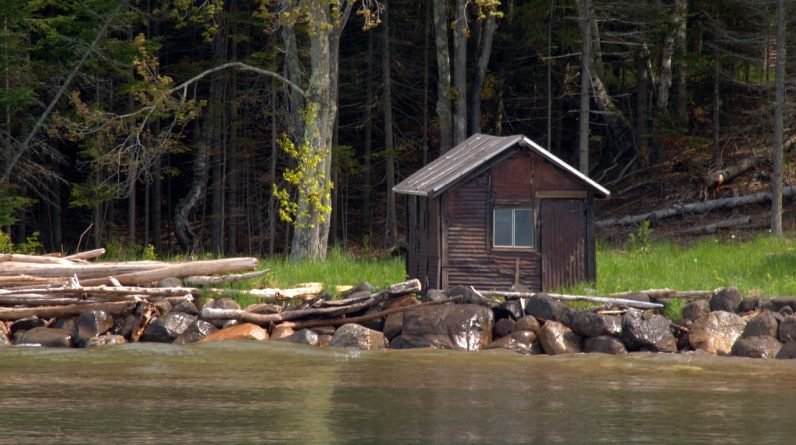
Living off-grid means living without relying on public utilities such as water, electricity, and gas. Instead, individuals or households generate their own power, grow their own food, and use renewable resources to live self-sufficiently. There are both financial pros and cons to living off-grid, and in this article, we will explore them.
Pros of Living Off-Grid:
- Cost Savings: One of the most significant advantages of living off-grid is the cost savings. By generating your own electricity, you can eliminate monthly utility bills. The upfront costs of setting up an off-grid system can be significant, but over time, the cost savings can be substantial.
- Self-Sufficiency: Living off-grid provides a sense of self-sufficiency and independence. You are not dependent on public utilities and can rely on your own resources to meet your needs. This can provide a sense of freedom and control over your life.
- Environmental Benefits: Off-grid living relies on renewable energy sources such as solar, wind, or hydro power, which have minimal impact on the environment. By reducing reliance on non-renewable energy sources, you can reduce your carbon footprint and contribute to a healthier planet.
Cons of Living Off-Grid:
- Upfront Costs: The initial cost of setting up an off-grid system can be significant. You need to invest in solar panels, batteries, generators, and other equipment to generate your own power. These costs can be prohibitive for many people.
- Maintenance: Off-grid systems require regular maintenance to ensure they function efficiently. This can be time-consuming and costly. In addition, you may need to make repairs or replacements, which can add to the overall cost of living off-grid.
- Limited Access to Amenities: Living off-grid can mean limited access to amenities such as internet, phone, and television. This can make it difficult to stay connected to the world, which can be challenging for some people.
- Reduced Resale Value: Off-grid properties may have reduced resale value compared to traditional homes, as they may be less appealing to buyers who are not interested in living off-grid. This can make it more challenging to sell your property in the future.
In conclusion, living off-grid has both financial pros and cons. While cost savings, self-sufficiency, and environmental benefits are advantages, there are also significant upfront costs, maintenance, and limited access to amenities to consider. Ultimately, living off-grid is a personal choice that requires careful consideration of the lifestyle and financial implications. If you are interested in living off-grid, it is essential to research and plan carefully to ensure that you can make the most of this lifestyle while avoiding the potential downsides.



